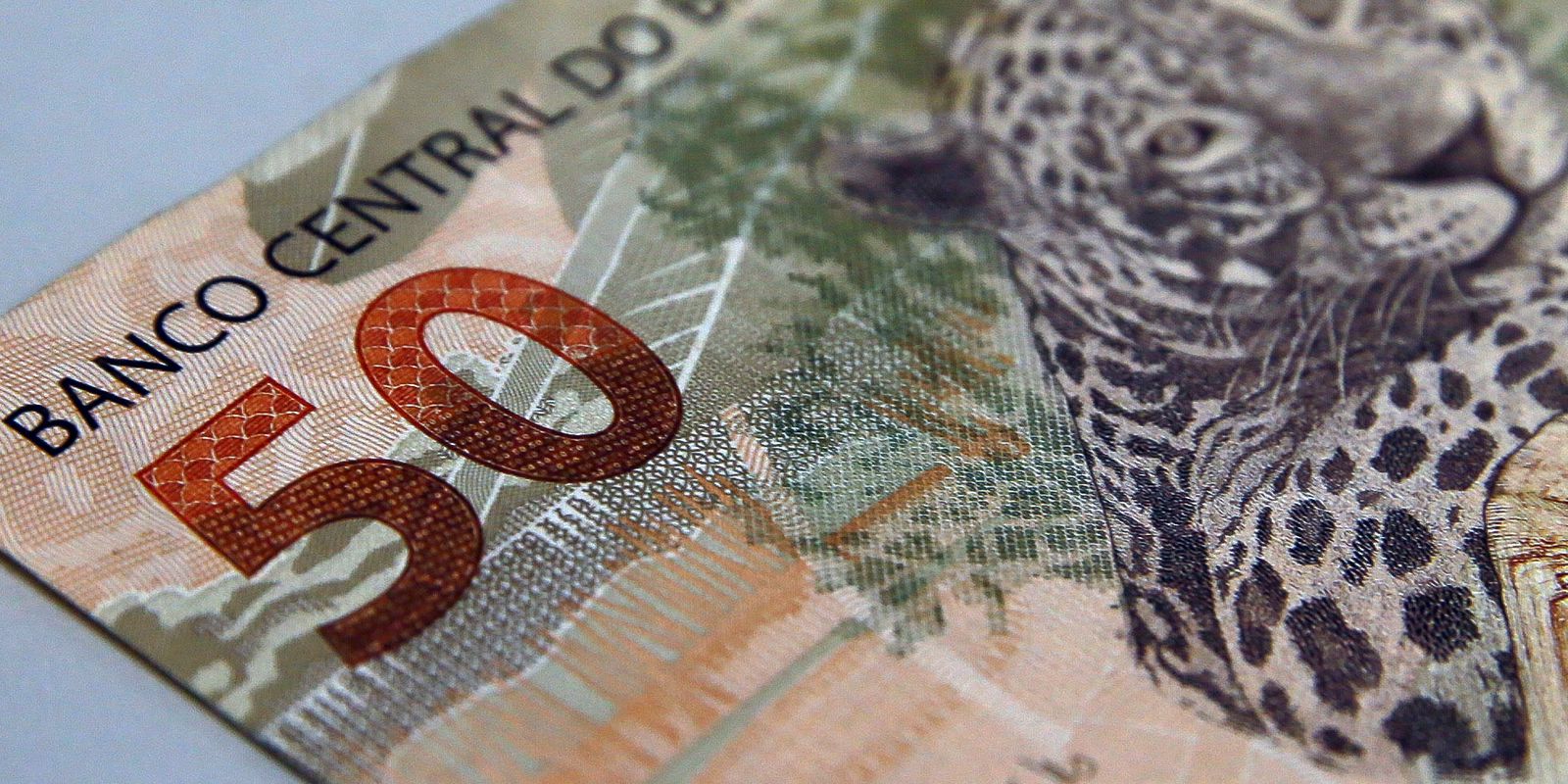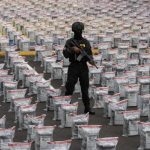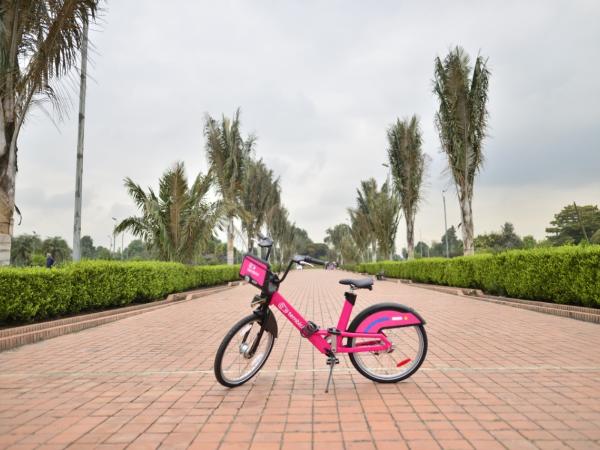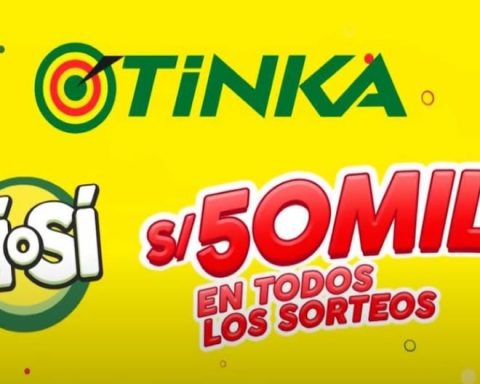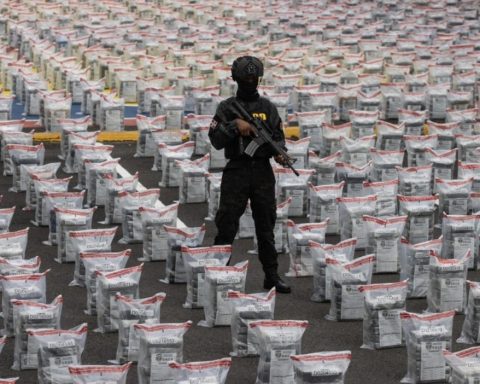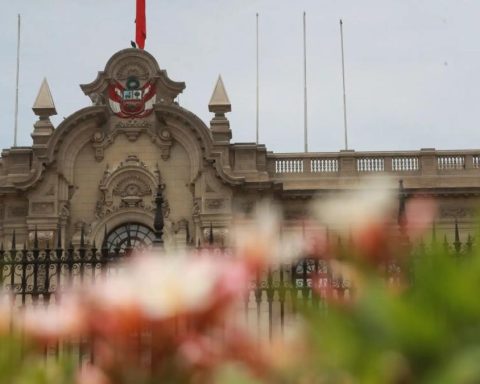Inflation dropped to 0.54% in January. In the previous month, it had been at 0.73%. According to the Brazilian Institute of Geography and Statistics (IBGE), which released today (9), in Rio de Janeiro, data from the Broad Consumer Price Index (IPCA), this was the highest result for the month of January since 2016. , when it reached 1.27%. 
In the last 12 months, the indicator increased by 10.38%, a level higher than the 10.06% registered in the immediately previous period. In January 2021, the monthly change was 0.25%.
According to André Filipe Almeida, research analyst, the result was mainly influenced by food and beverages (1.11%), which caused the greatest impact on the index for the month (0.23 percentage point).
“It was food at home (1.44%) that influenced this increase. More than food outside the home, which slowed from 0.98% to 0.25%. The main highlights were meats (1.32%) and fruits (3.40%), which, although they decelerated in relation to the previous month, had the greatest impacts on this group, 0.04 pp [ponto percentual] and 0.03 pp, respectively,” he explained.
For the 11th consecutive month, ground coffee prices increased, this time 4.75%, accumulating a high of 56.87% in the last 12 months. There was also emphasis on carrots (27.64%), onions (12.43%), potatoes (9.65%) and tomatoes (6.21%). In the opposite direction, there was a fall in the prices of rice (-2.66%), whole chicken (-0.85%) and chicken pieces (-0.71%).
transport
The decrease of 0.11% in the transport group, which is the one with the greatest weight in the IPCA, the country’s official inflation, contributed to the deceleration of the indicator in January. In December, it had increased by 0.58%. This was the only one of the nine groups of products and services surveyed to have a reduction in January.
“The drop in the transport group was mainly influenced by the deflation observed in airline tickets, which had risen in December and also by the decline in fuels, especially gasoline and ethanol”, said the IBGE analyst.
The decline in the prices of airline tickets was 18.35% and fuel prices of 1.23%, with gasoline reaching 1.14%. In ethanol, the reduction reached 2.84% and, in vehicle gas, 0.86%. Diesel oil rose 2.38% and was the only one to increase in January. Transport by application (-17.96%) and vehicle rental (-3.79%) also registered a retraction.
According to the research analyst, the drop in airline tickets can be explained by the seasonal component. With fuels, the contribution came from the negative adjustments applied to refineries by Petrobras in December.
Bottled gas prices fell 0.73%, for the first time after 19 consecutive months of highs. In 12 months, the cylinder accumulates high of 31.78%.
In housing, the increase of 0.16% represented a deceleration in relation to the previous month, when it was 0.74%. The 1.07% drop in electric energy influenced the result, despite the continuation of the Scarcity Hídrica banner, which adds R$ 14.20 to the electricity bill for every 100 kWh consumed. Another influence was the changes in the Social Integration Program and the Contribution for the Financing of Social Security (PIS/Cofins, the Tax on Circulation of Goods and Services (ICMS) and the public lighting tariff in some areas surveyed.
The biggest change in the other groups was in household articles (1.82%), and the highlights were appliances and equipment (2.86%), furniture (2.41%) and TV and sound and computers (1.38 %), which increased in comparison with December. “These items together contributed 0.06 pp to the January IPCA. The clothing (1.07%) and communication (1.05%) groups also had increases. The others were between 0.25% (education) and 0.78% (personal expenses)”, the survey reported.
Researched areas
All areas surveyed had a rise in January, with the exception of Porto Alegre, where it fell by 0.53%. Aracaju was the municipality with the highest variation (0.90%) due to increases in tomato (34.90%) and fruit (6.41%). In the metropolitan area of Porto Alegre (-0.53%), there was also a decrease in the prices of electricity (-6.81%) and gasoline (-6.20%).
INPC
The National Consumer Price Index (INPC) grew 0.67% in January. The result was below the previous month: 0.73%. It was still the biggest change for the month since 2016. The high was 1.51%. In the last 12 months, the indicator accumulates an increase of 10.60% and was above the 10.16% observed in the immediately previous period. In January 2021, the rate reached 0.27%.
Food prices rose 0.76% in December, going to 1.08% in January. Non-food items had a less intense rise than in the previous month and went from 0.72% in December to 0.54% in January.
Also in the INPC, Porto Alegre (-0.52%) was the only area surveyed with a negative change in the first month of 2022. Aracaju was also the biggest change (0.96%), influenced by increases in tomato (34.90 %) and in fruits (7.22%). In the metropolitan region of Porto Alegre, the fall was mainly due to the declines in electricity (-6.62%) and gasoline (-6.20%).
indicators
According to the IBGE, the IPCA covers families with incomes from 1 to 40 minimum wages, and the INPC covers families with incomes from 1 to 5 minimum wages, residing in the metropolitan regions of Belém, Fortaleza, Recife, Salvador, Belo Horizonte, Vitória, Rio de Janeiro, São Paulo, Curitiba and Porto Alegre, in addition to the Federal District, Goiânia, Campo Grande, Rio Branco, São Luís and Aracaju.
*Article changed at 11:37 am to add information
